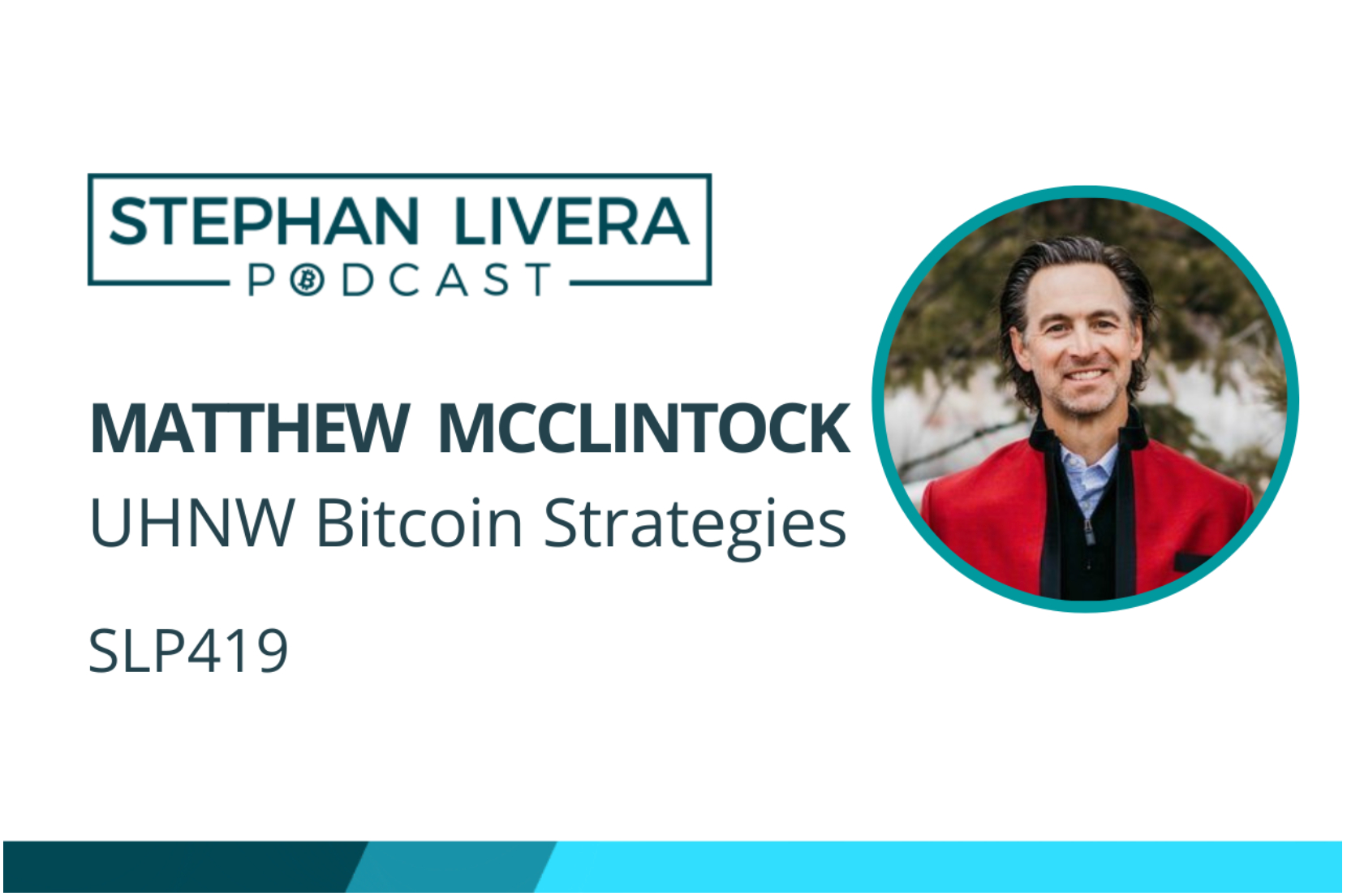Cryptocurrency Estate Planning: Safeguarding Your Digital Legacy
When it comes to financial planning, many people have diversified portfolios that include traditional assets like real estate, equities, and private equity. However, as the world of finance evolves, more people are incorporating cryptocurrency into their investment strategy. While digital assets offer exciting opportunities, they also present unique challenges, particularly in the realm of estate planning.
In this conversation, Bespoke’s Co-Founder Matt McClintock and Chief Investment Officer, Samara Alpha Adil Abdulali uncover just that. Tune into the full conversation and summary below.
The Importance of Access to Assets
Access to assets is crucial in any investment strategy, and cryptocurrency is no different. If you can’t access your crypto assets when you need them, you miss out on potential opportunities. As the market moves, so should your ability to respond and adapt.
IRS and Blockchain Awareness
Crypto investors must be aware of the increased scrutiny from the IRS and the federal government. The blockchain’s immutable ledger makes it easier for authorities to track transactions and ownership. As a result, the government is becoming more proficient at understanding how blockchains work and is effectively managing confiscated crypto assets.
Estate Planning with Cryptocurrency
When it comes to estate planning, crypto presents a unique set of challenges. While traditional assets can be easily transferred to heirs, digital assets require careful planning. Passing on your keys to someone else without proper documentation can lead to complications, including potential legal issues and tax liabilities.
For instance, if you leave crypto assets to your spouse or children, they may face challenges when trying to monetize the assets. They could encounter Know Your Customer (KYC) requirements, which may lead to questions about the source of the assets and potential tax implications.
The Risks of Negligence
Failing to report the transfer of crypto assets can result in penalties, interest, and even criminal fraud charges. It’s essential to treat digital assets with the same level of respect as other significant assets, such as real estate or private equity.
Founders and Crypto Wealth
Founders of new crypto protocols face additional challenges when it comes to estate planning. If your project gains traction and your tokens increase in value, it’s essential to plan accordingly. Estate planning should be part of the founder’s mental checklist, just like developing their project and managing the business.
Conclusion
As the world of finance continues to evolve, so too must our approach to estate planning. Crypto assets are real-world assets that hold significant value, and they require careful planning and consideration. By treating your digital assets with the same respect as traditional assets and planning for the future, you can ensure a smooth transfer of wealth and minimize potential legal and tax complications.
Incorporate estate planning into your overall financial strategy to protect your legacy and ensure your loved ones are well-prepared for the future.
Bespoke aims to highlight the importance of planning and foresight when it comes to dealing with cryptocurrency, as well as the potential complications that can arise without proper preparation.
This information is intended for general educational purposes only and should not be construed as legal or investment advice.










